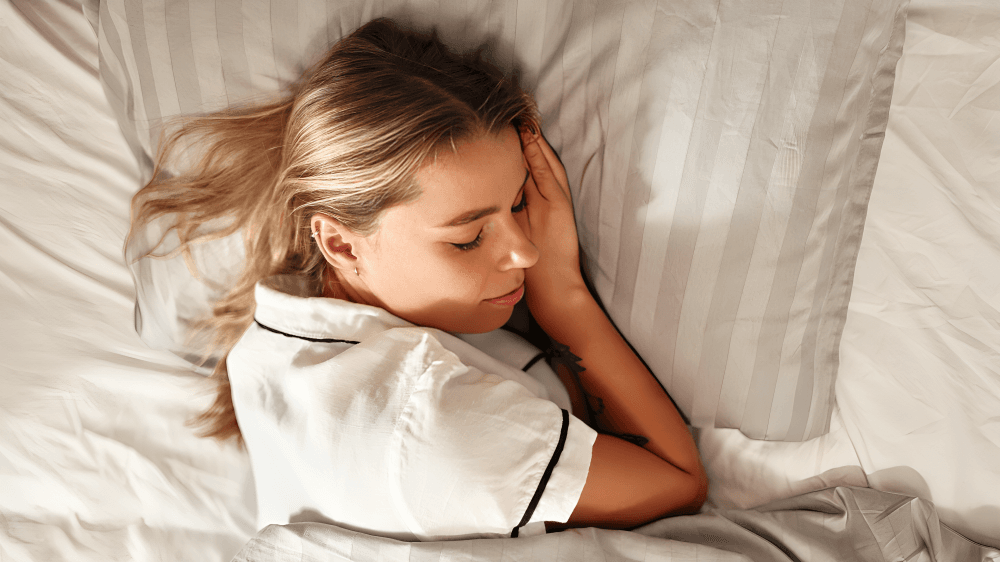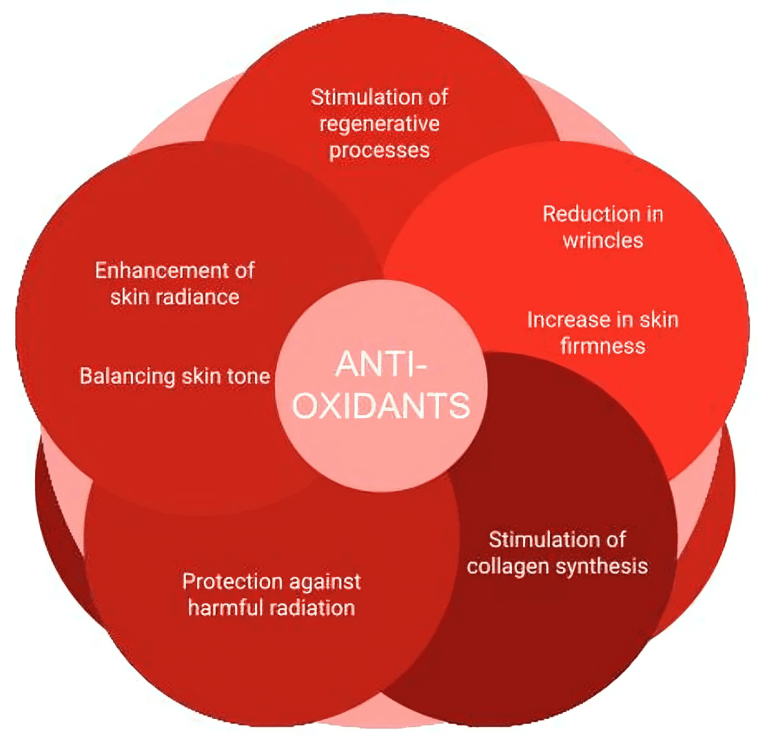
“
How sleep affects skin health & anti-aging is a crucial topic for anyone wanting to maintain a youthful, radiant complexion. Quality sleep provides the essential time for your body to repair skin cells and boost collagen production. Lack of sleep accelerates signs of aging like wrinkles, dullness, and dark circles by increasing stress hormones and inflammation. 1
1
”
Adequate sleep triggers the release of growth hormone, which is vital for skin cell repair and regeneration, directly impacting how skin ages and maintains its youthful elasticity. 1
Poor sleep increases cortisol, a stress hormone that breaks down collagen, accelerating the formation of wrinkles and contributing to premature aging and loss of skin firmness. 2

During deep sleep, blood flow to the skin increases, enhancing oxygen and nutrient delivery, which supports the natural detoxification process and helps keep skin clear and vibrant.
Chronic sleep deprivation leads to increased inflammation, which can worsen skin conditions like acne, eczema, and psoriasis, making skin appear red, irritated, and aged prematurely. 3
Collagen synthesis, the process that keeps skin plump and elastic, peaks during the night, making uninterrupted sleep essential for maintaining smooth and youthful skin texture. 4
The skin’s barrier function is restored during sleep, which helps protect against environmental pollutants and toxins, reducing oxidative stress that contributes to skin aging. 5
Lack of sleep compromises the immune system, making the skin more susceptible to infections and slower wound healing, which can accelerate visible signs of aging. 6
Quality sleep reduces the formation of dark circles and puffiness around the eyes by preventing blood vessel leakage and fluid retention, common in sleep-deprived skin. 7
Melatonin, produced during sleep, is a powerful antioxidant that helps neutralize free radicals in skin cells, protecting against DNA damage and delaying skin aging. 8

During sleep, cellular turnover rates increase, meaning dead skin cells are shed faster and replaced with fresh cells, contributing to a brighter and smoother complexion.
Insufficient sleep elevates blood sugar levels, which promotes glycation – a process that damages collagen and elastin fibers, causing skin to lose elasticity and firmness. 9
Sleep deprivation often causes a dull, sallow complexion because reduced blood flow limits oxygen and nutrient delivery to the skin surface. 10
Studies show people who sleep well tend to have better skin appearance and are perceived as healthier and more attractive, emphasizing sleep’s visible anti-aging benefits. 11
Lack of sleep disrupts circadian rhythms, negatively impacting the skin’s natural repair cycles and making it harder for the skin to recover from daily damage. 12

Good sleep hygiene boosts antioxidant enzyme levels in the skin, strengthening defenses against pollution and UV damage, key factors in aging skin.
A philosopher once noted that sleep is the “golden chain that ties health and our bodies together,” highlighting its fundamental role in overall skin vitality and aging. 13
Nighttime skin repair includes DNA repair enzymes that reverse UV-induced damage, processes that rely heavily on adequate, quality sleep. 14
Sleep supports balanced hormone levels, such as estrogen and testosterone, which influence skin thickness, hydration, and collagen production—crucial for youthful skin. 15
According to doctors, sleep deprivation accelerates biological aging markers, such as telomere shortening in skin cells, leading to faster visible aging signs. 16
Finally, the cumulative effect of good sleep over months significantly slows down skin aging processes, making sleep a powerful and natural anti-aging “treatment.” 17


